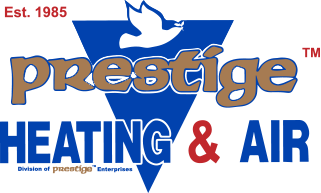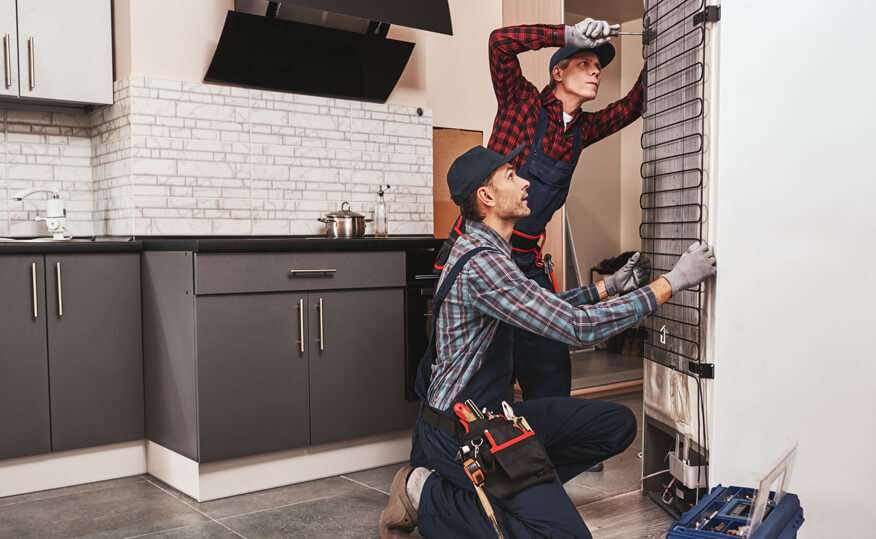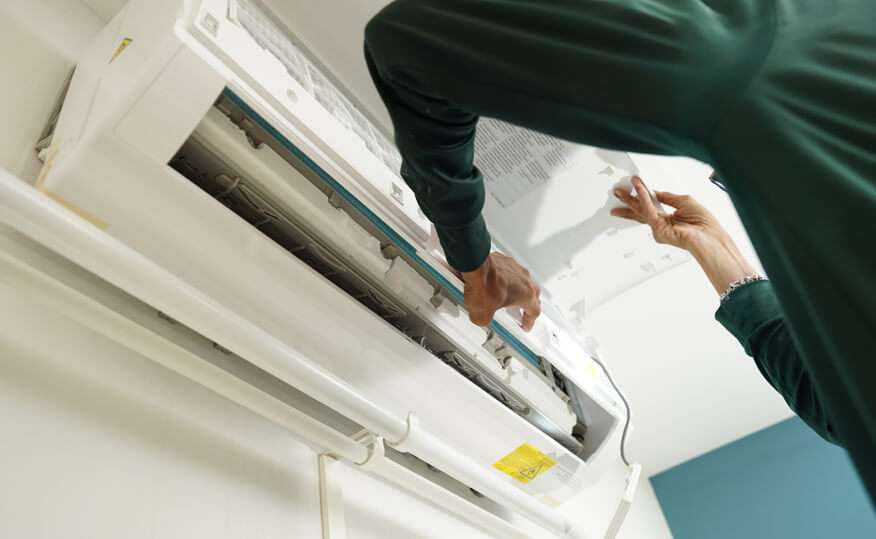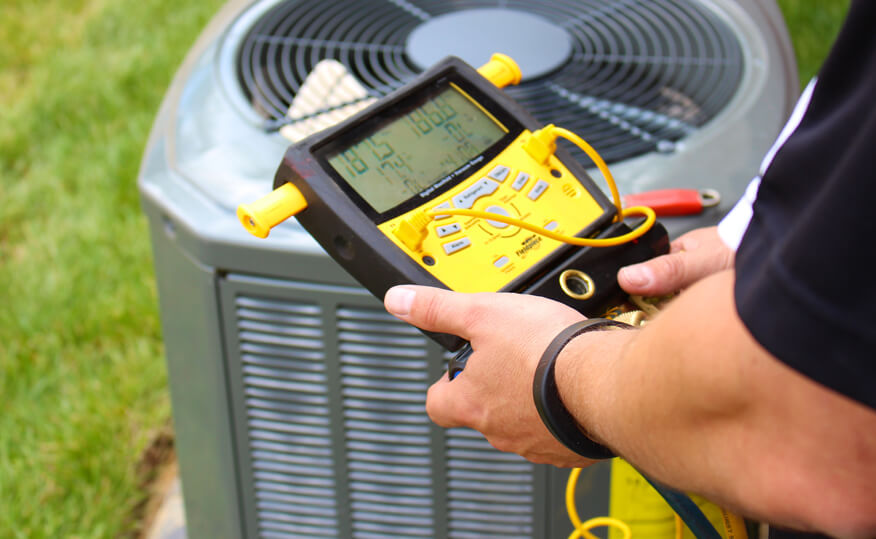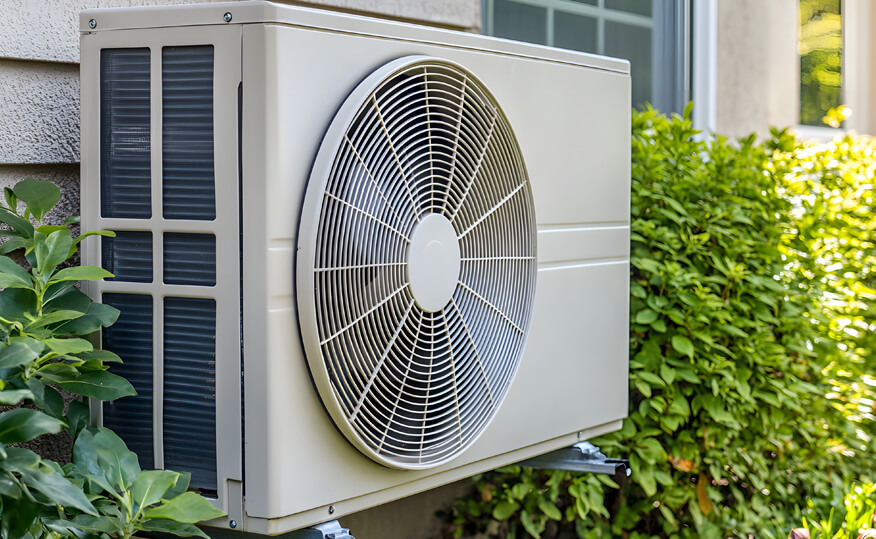When you run a business that relies on refrigeration, whether it’s a restaurant, grocery store, medical facility, or convenience store, your commercial refrigerator isn’t just a piece of equipment. It’s an essential part of your operation. A sudden failure can cost you thousands in lost inventory, missed sales, and emergency repairs. The good news is that most commercial refrigeration units show early signs of trouble before they completely break down. Spotting these red flags early allows you to schedule service, repair, or plan a replacement, saving you time, money, and frustration.
At Prestige Heating & Air, we specialize in commercial refrigeration repair and preventive maintenance for businesses across Charleston. In this blog, we’ll explore some of the most common signs that your commercial refrigerator may be in danger of failure.
1. Inconsistent Temperatures
The most obvious (and most important) warning sign is temperature inconsistency. If your refrigerator’s temperature fluctuates above the safe range (generally 35–38°F for refrigerators and –10–0°F for freezers), that’s a serious red flag.
You may notice product spoilage, freezer burn, or even customer complaints. Often, the problem can be traced back to a faulty thermostat, failing compressor, or damaged door seal—but left unchecked, it can lead to total system failure.
Tip: Use a thermometer inside your units and monitor daily temperatures. Sudden changes should prompt a service call.
2. Frost or Ice Buildup
A thin layer of frost is normal in freezers, but excess ice or frost buildup inside the unit—or around the evaporator coils—signals a problem. It could be due to improper defrost cycles, refrigerant leaks, or airflow issues.
If you’re defrosting more often than usual or seeing ice in places it shouldn’t be, like around the doors or vents, your system isn’t operating efficiently. Ignoring this can overwork the compressor, leading to a total breakdown.
3. Loud or Unusual Noises
Commercial refrigerators are typically quiet, with a consistent hum from the compressor and fans. If you hear grinding, clanking, buzzing, or high-pitched whining, it could mean parts are wearing out or components are loose or failing.
Noises often signal a more significant issue on the horizon, like compressor failure or motor burnout. Catching it early can prevent more expensive repairs down the line.
4. Leaking Water or Excess Condensation
Water pooling inside or underneath your refrigerator isn’t just a slipping hazard—it’s a sign that something’s wrong. Leaks can come from a clogged or broken drain line, faulty door gaskets, or improper defrost cycles.
Condensation inside the unit, especially around stored items or on the walls, can cause mold and spoilage. It usually points to problems with humidity control, insulation, or airflow.
5. Compressor Constantly Running (or Not Running at All)
The compressor is the heart of your commercial refrigerator. If it’s constantly running, your unit is likely struggling to maintain temperature, putting strain on the system and raising energy costs. A short cycling compressor (starting and stopping rapidly) or not kicking on at all also requires immediate attention.
These issues can stem from dirty condenser coils, low refrigerant levels, or electrical failures. Ignoring them could lead to complete system failure and costly downtime.
6. Spoiling Products Before Their Time
You might not notice temperature fluctuations immediately, but spoiled or off-smelling products are a surefire sign that your refrigerator isn’t doing its job. Dairy curdling, meat discoloration, or slimy produce can all indicate internal temperature issues, airflow blockages, or sensor malfunctions.
This is especially dangerous in food service environments where food safety regulations must be followed. If you’re tossing out products more often, your refrigerator could be to blame.
7. Spiking Energy Bills
Has your energy bill suddenly gone up without a clear explanation? A failing commercial refrigerator may run inefficiently and consume more power to compensate for internal issues. This is especially true if it’s struggling to keep cool or if components like fans or motors are running longer than they should.
Upgrading to an energy-efficient model or having a technician optimize the system can reduce costs and avoid surprise outages.
What to Do If You Notice These Signs
Don’t wait until your system fails. When you notice one or more of these signs, it’s time to call a professional. Prestige Heating & Air offers fast, reliable commercial refrigeration equipment repair to keep your business running smoothly. We’ll assess your system, make any necessary repairs, and help you decide if a replacement is the better option.
Routine maintenance is the best defense. Schedule regular checkups to extend the life of your system, prevent downtime, and protect your bottom line.
Need Urgent Help with Your Commercial Refrigeration in Charleston, SC?
Contact Prestige Heating & Air today—we’re ready when you need us.
